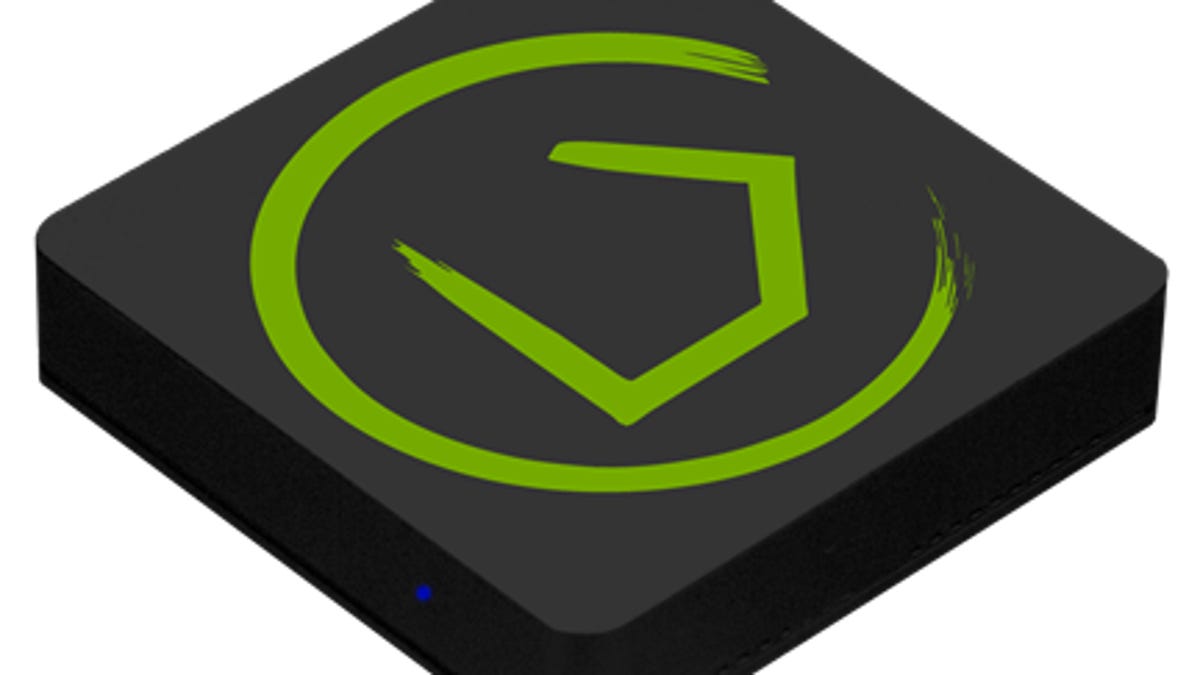Hubitat's smart home works without the internet
The sleek new Hubitat Elevation Hub processes everything locally, so you can keep using your smart home even when the Wi-Fi goes down.

At first glance, the Hubitat Elevation struck me as a pretty standard smart home hub. It has Zigbee and Z-Wave built in so it can communicate with a variety of connected gadgets . You can set up rules so one of your devices can trigger another -- a motion sensor might flash your smart lights. You can group your devices by room and create scenes so multiple devices turn on at once with a single command.
All of those features are pretty standard for hubs such as the SmartThings Hub. Hubitat's main selling point is a pretty interesting twist on the smart hub formula -- it processes everything locally. After the initial setup, Hubitat stores certain device data and automation recipes on the device itself. This should theoretically result in your smart home reacting more quickly to your commands, since they don't need to head to the cloud and back. It also means that if the internet goes down, your smart home can keep functioning.
Local processing isn't entirely new either, as SmartThings offers it with certain devices and automations, but Hubitat wants to take the feature one step further by making all of its automations local -- from rules to geofencing.
Hubitat officially debuted a new, trimmed-down version of its Elevation home automation hub on Wednesday. You can order it now from the company's site for $100 for a limited time. Its normal price will be $150 (about £115 or AU$210) after the introductory price expires. You'll be able to order the Hubitat Elevation on Amazon as well starting Friday.
In addition to offering the same processing power in a smaller frame, Hubitat is introducing apps for its system for both iOS and Android. You currently have to use a web browser to access your Hubitat system. The apps are still in the works, but are roughly expected to launch by April.
The Elevation also works with Amazon's assistant Alexa and the competing Google Assistant, so you can control any devices synced to the hub with a voice command to your Amazon Echo or Google Home smart speaker. Bear in mind, since those smart speakers rely on the cloud, that functionality won't work without the internet.
Since the Elevation Hub processes information locally, it could be a better fit for privacy minded individuals who still want smart home gadgets. In addition to keeping most of your info off of the cloud, Hubitat offers a customizable rules platform and invites users to develop and share their own code for any missing functionality.
It looks to be aimed more at avid DIYers who like to tinker as opposed to someone less proficient in tech who just wants something to work out of the box. Most of Hubitat's advantages come from setting up your own rules and scenes. That said, the app should help make the platform more widely applicable and user friendly. Since the Elevation will work with some Lowe's Iris sensors, it could provide a nice new hub for those in need once Iris fully shuts down in March.
Smart home product compatibility: Choose a smart home platform and see which products work with it.
Best smart home devices for 2019: Hand-picked by CNET's experts.

